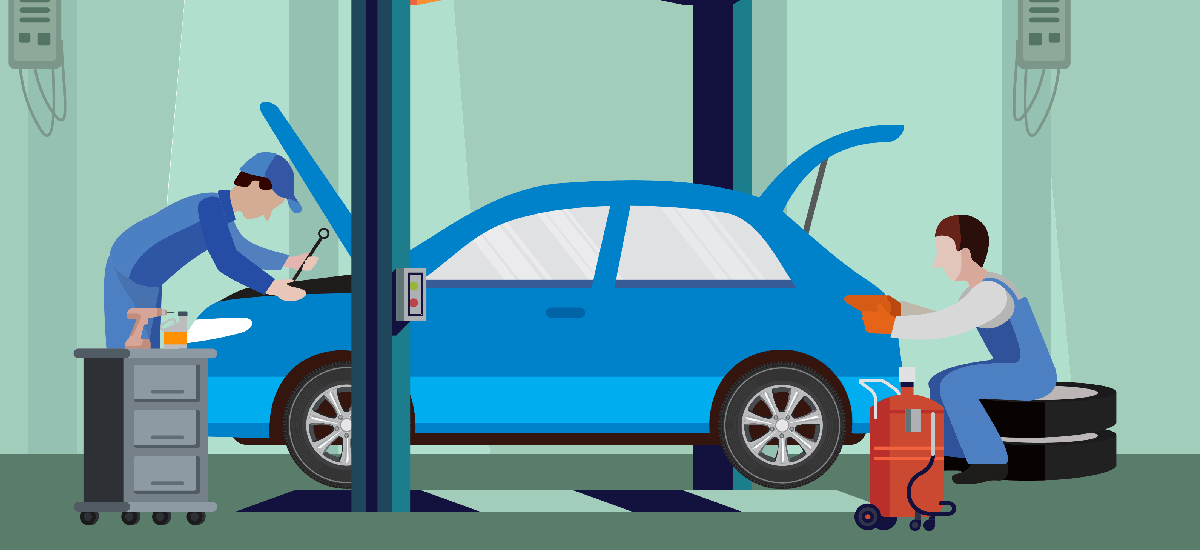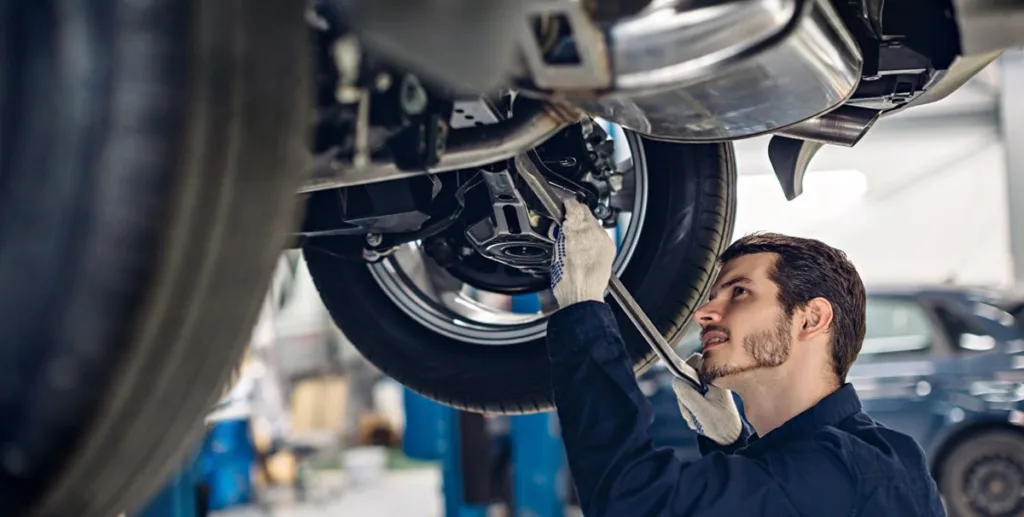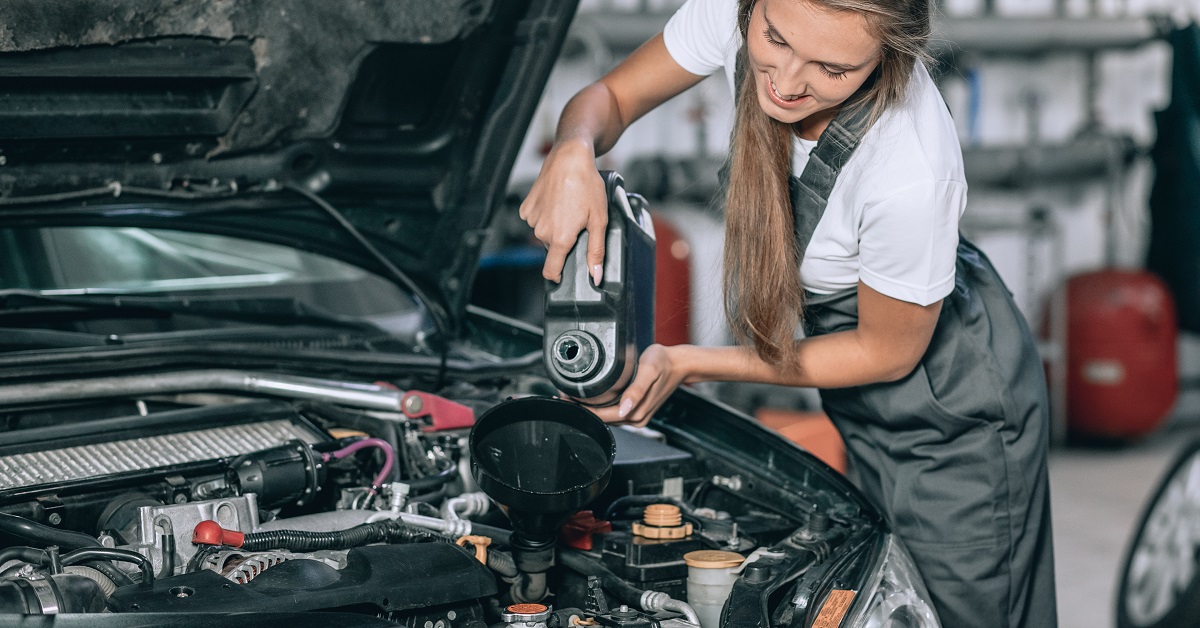All Categories
Featured

A vehicle battery is essential for beginning your car and powering electrical systems like lights, radios, and climate controls. By adhering to some fundamental upkeep methods, you can prolong the life of your automobile battery and keep your automobile running efficiently.
- Keep the Battery Terminals Clean. Among the leading causes of battery failing is deterioration around the terminals. Rust can develop an obstacle that prevents the battery from appropriately discharging and billing, decreasing its lifespan. To prevent this, evaluate your battery terminals routinely and clean them if you see any accumulation. Use a mixture of cooking soda and water or a commercial battery cleaning option. Cleansing the terminals will ensure an excellent connection and boost the battery's total efficiency.
- Drive Routinely and Stay Clear Of Brief Journeys. When you drive your automobile, the generator charges the battery. If you regularly drive short ranges, your battery may not receive a complete fee, which can lead to a weak battery over time.
- Transform Off Electric Accessories When Not in Use. Electrical components like your cars and truck's radio, cooling, and indoor lights draw power from the battery. If you leave them on while the engine is off, you might drain pipes the battery quicker than it can reenergize. Make it a routine to switch off any type of electrical accessories when you switch off the auto. This basic step can help preserve the life of the battery and make certain that you do not experience unnecessary battery drains.
- Park in a Cool, Dry Area. Warm creates the fluid inside the battery to evaporate, which can lead to interior damages and reduced battery life. If feasible, use a battery cover to additional guard the battery from environmental problems.
- Look for Leaks or Damage. Leaks or fractures in the battery covering can lead to fluid leakages, which can harm the battery and various other components of the car. If you notice any type of leak or physical damage to your battery, it's important to replace the battery instantly. A dripping battery may additionally trigger deterioration around the terminals, which will further degrade the battery's efficiency.

- Routinely Examine Your Battery's Health. Over time, all automobile batteries lose their capacity to hold a charge as they age. Lots of modern-day automobiles also come furnished with a battery monitoring system that gives informs when the battery is deteriorating.
- Utilize a Battery Maintainer for Extended Periods of Inactivity. If you don't drive your vehicle on a regular basis, such as throughout the winter season months or while traveling, your battery can drain pipes over time. To prevent this, utilize a battery maintainer (also called a drip charger), which maintains your battery at an ideal charge level when the cars and truck isn't in operation. A battery maintainer is specifically handy for cars and trucks that are saved for long periods, as it prevents the battery from discharging totally.

- Change the Battery When Required. Also with appropriate maintenance, all auto batteries ultimately reach the end of their life expectancy. Normally, a cars and truck battery lasts in between 3 to 5 years, depending on the climate and driving problems.
Conclusion. Keeping your cars and truck battery is a straightforward yet effective means to make certain that your car stays reputable and carries out at its finest. Frequently cleaning up the terminals, restricting using electrical devices, vehicle parking in a temperature-controlled setting, and examining the battery's health are vital steps to keeping your battery in leading form. By adhering to these ideal methods, you can make best use of the life-span of your car battery, prevent unforeseen failings, and conserve money on substitutes in the long run.
Latest Posts
Check Out the Best Auto Repair Offers in Montclare, Chicago
Published May 25, 25
1 min read
Recognizing When Your Car Needs Skilled Car Repair at Montclare Auto Repair
Published May 25, 25
1 min read
Secure Your Home with High Quality Residential Roof Covering
Published May 24, 25
1 min read